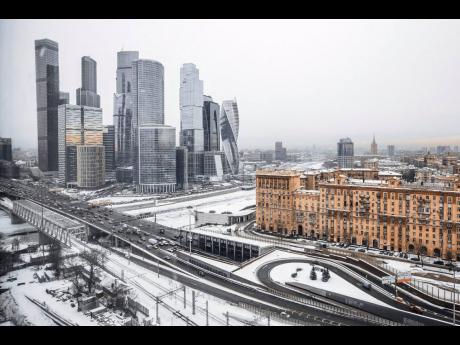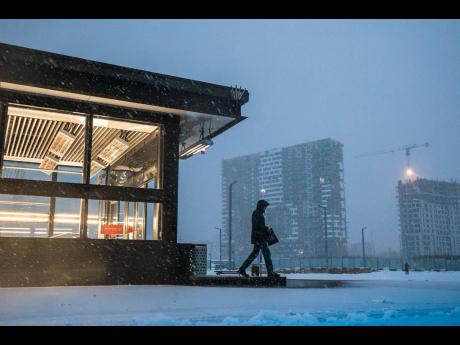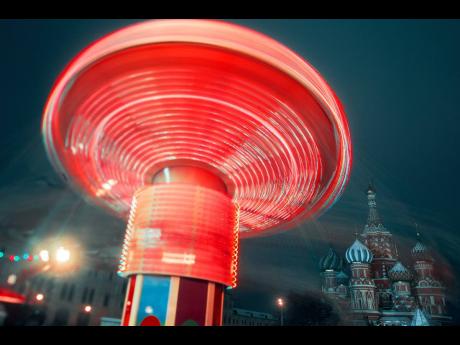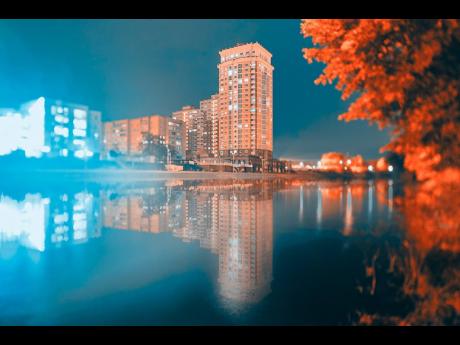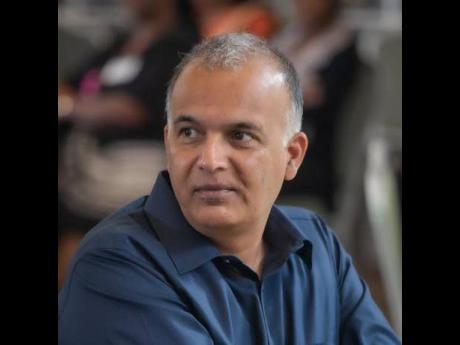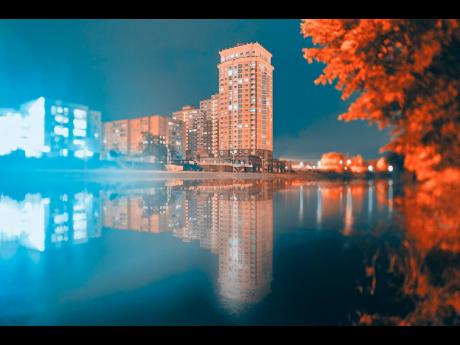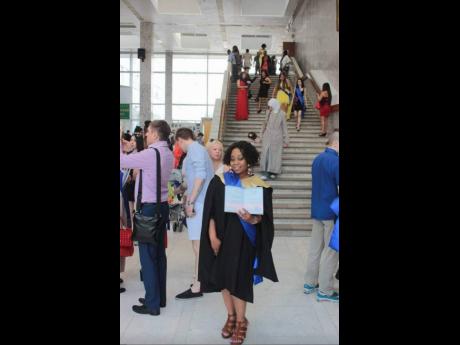Experiences of some Jamaican warmth in Russia
Jamaica and Russia may be countries that are separated by time zones, myriad differences – cultural, language, weather, food, among others – but the majority of the people in both the countries swear by the love of tea. Ask any Russian. They will sing praises of the Samovar, a heated metal container traditionally used to boil water - perhaps there are songs and films made in its honour. (We will get to know about the Samovar some other time.)
Beyond the awe-inspiring façades of buildings that are works of art in brick and mortar, Russia has also historically been a hub for education and research – they sent the first satellite and the first man in space.
Three Jamaicans left the tropical warmth of their island and made their way to Russia, not your usual destination for pursuing higher studies, but where universities are sought after for sciences and the fine arts.
Natalie Tracy went to Russia in 2011 on a joint scholarship form the Jamaican and Russian governments.
“My career as a teacher of English language and English literature started in 2006,” Tracy said. “I came to Russia in the prime of my teaching career. While studying in Russia, I observed there was a great need for English language.”
Tracy said that her experience in Russia has been rewarding and after the initial cultural shocks, especially the language barriers, she has been able to transition, adapt, and adopt the way of life there.
“Luckily,” she said, “there were other Jamaicans here in advanced years of studies who used their experiences to try to help as much as possible.”
Kimisha Daley, 30, recently completed her BA in Vocal Arts, a field of study, she said, was not offered in Jamaica.
“I attended a teachers’ college in Jamaica and had started to pursue music, but that institution did not offer the programme I was really interested in,” Daley said. “A professor of mine at the time had studied in Russia and suggested that I do the same.”
CENTURIES-OLD TRADITION
According to the official Russian University website, the country has centuries-old traditions of higher education.
The first university in Russia was founded in 1687 and was called the Slavonic, Greek, and Latin Academy. The Moscow State University was established by Mikhail Lomonosov in 1755. Russia has the distinction of producing outstanding intellectuals who have made discoveries and inventions, and over 40 of them have been awarded the Nobel Prize.
The country, which is spread across 11 time zones, has 741 universities in 82 regions of Russia that accept international students.
“Russia has a lot to offer in education, and we are encouraging Jamaican students to look to Russia for furthering their education,” said Aleksei Sazonov, head of consular section, Embassy of the Russian Federation in Jamaica.
“The students will have a holistic experience beyond the classrooms and get immersed in the rich cultural offerings of Russia,” he added.
Michael Robinson, 19, who attended Ardenne High School, is currently pursuing a degree at the Obninsk Institute for Nuclear Power Engineering, in Obninsk, located southwest of Moscow.
“Living and attending school in Obninsk has been very quiet and calm, which is what Obninsk is normally known for,” Robinson said. “The majority of the residents have been mostly welcoming. I have found the scenery in and around the area to be quite beautiful, however, I am still adjusting to the various weather patterns that Russia is known for.”
REWARDING EXPERIENCE
Robinson said, like others, he struggled when he arrived there last year, and it took him a while to adjust to the language.
“It was quite difficult to grasp the concept of the Russian language as their alphabet contains additional characters than the English language,” he said. “However, halfway into the year, I was able to acquire a better grasp of the language and, ultimately, passing my two major exams.”
Robinson will be matriculating to the Moscow Institute of Physics and Technology to continue his core studies in biotechnology.
“In Russia,” he said, “usually, the university that one attends during their preparatory year is not necessarily the university where the core studies are completed.”
This experience, he said, has allowed him to travel to a different city, to explore more of the country and its culture – needless to say, a rewarding experience, beyond stereotypical notions.
Like warmth of the chai, cajoling the senses, Russia would be an exhilarating experience, as Sazonov put it – extending beyond the classrooms.
“Proudly,” said Tracy, “I can now say that having spent so many years here, I can call Russia my second home.”

